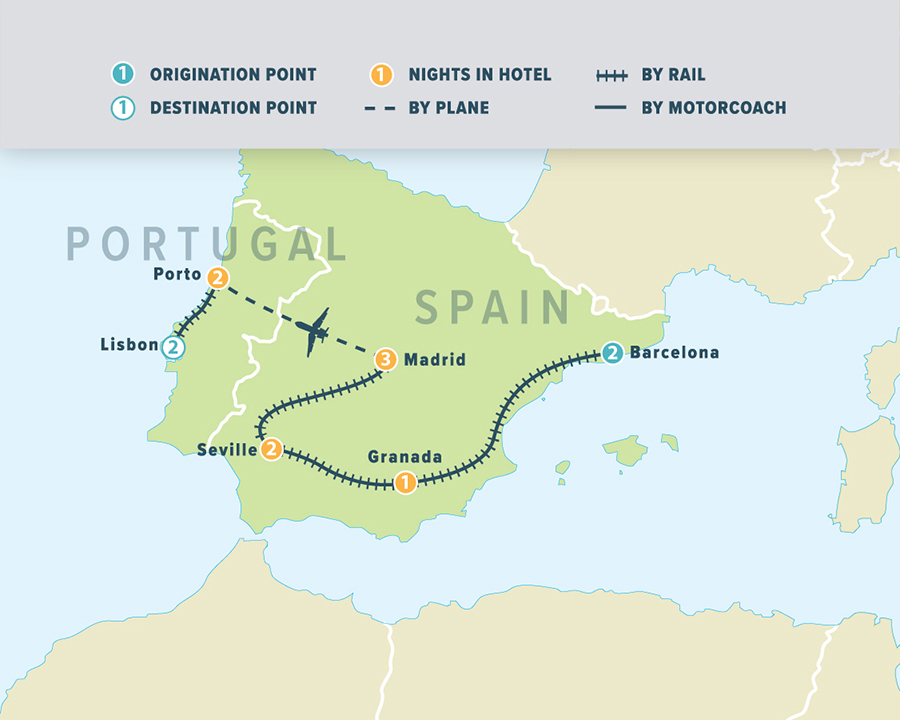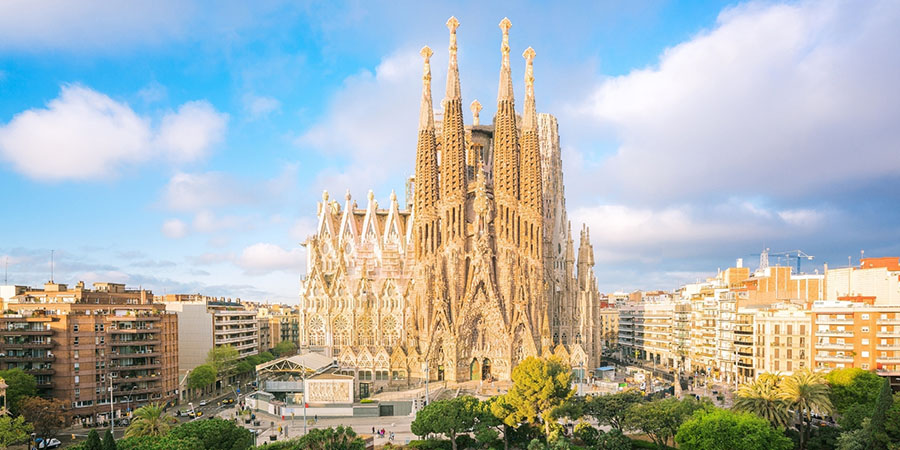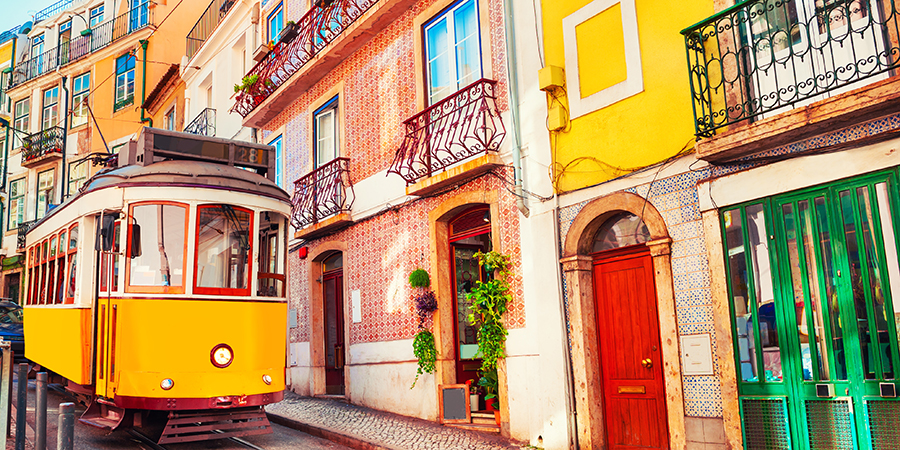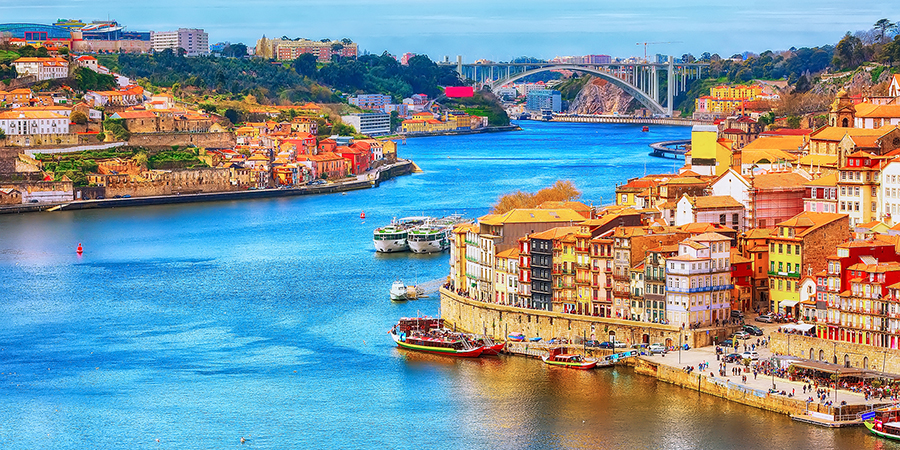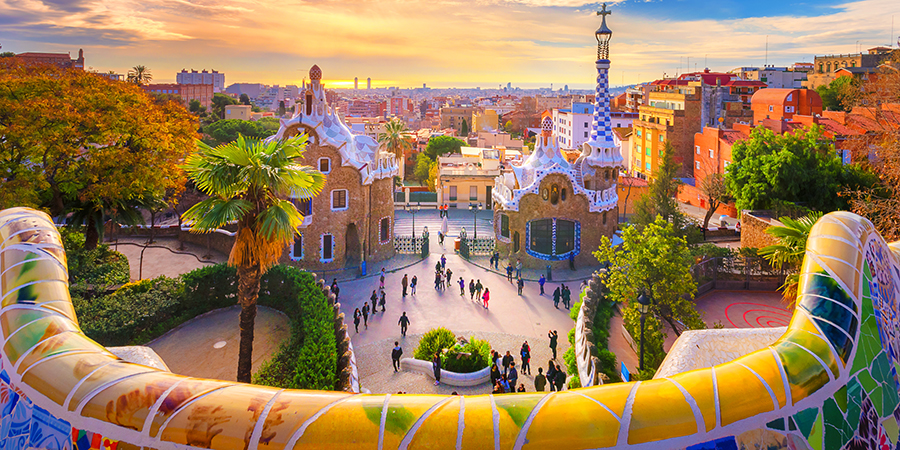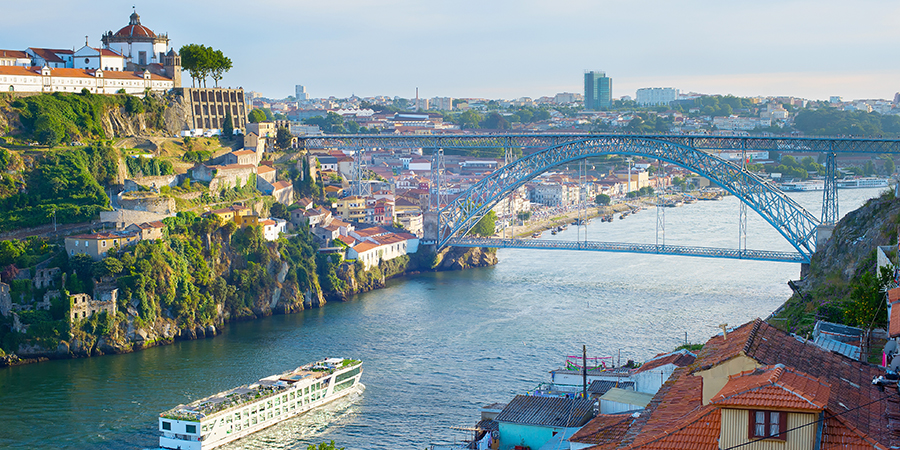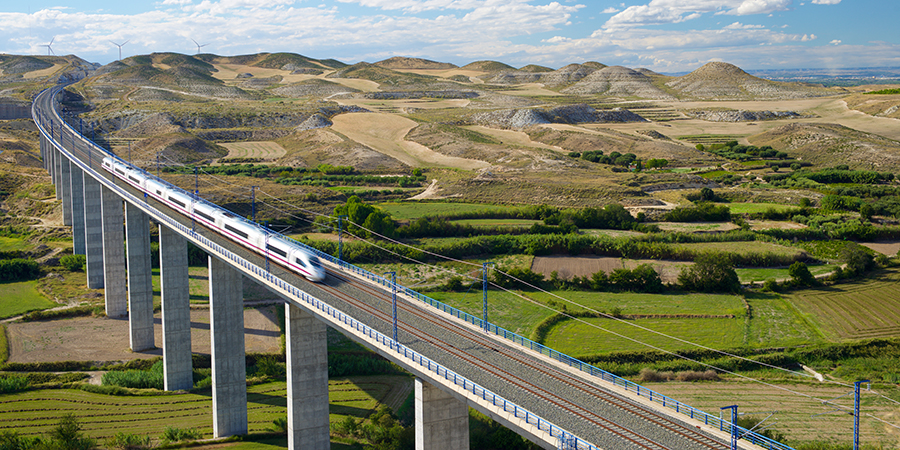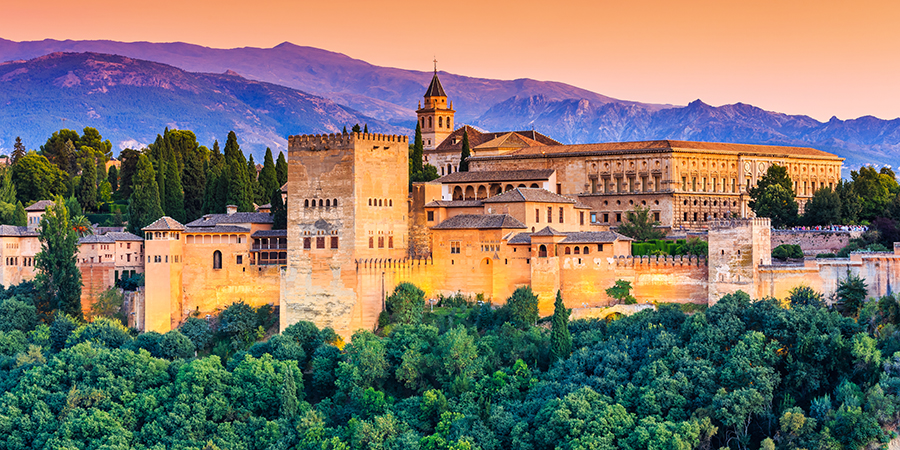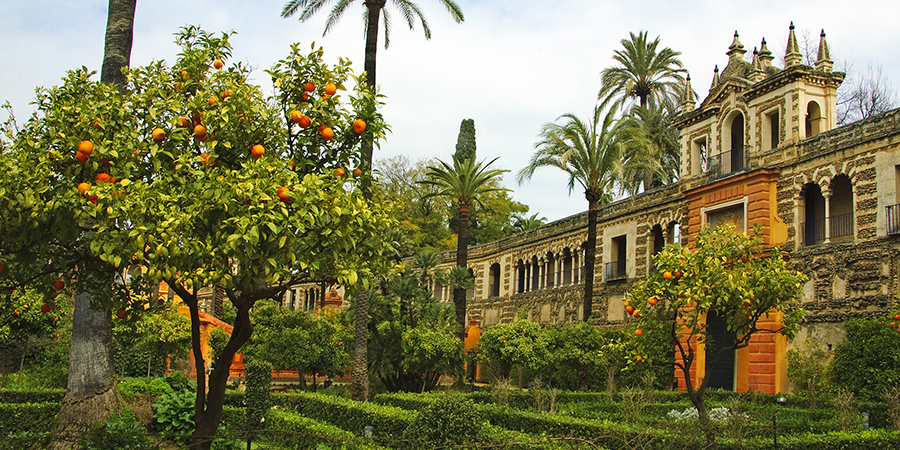$798$5,195
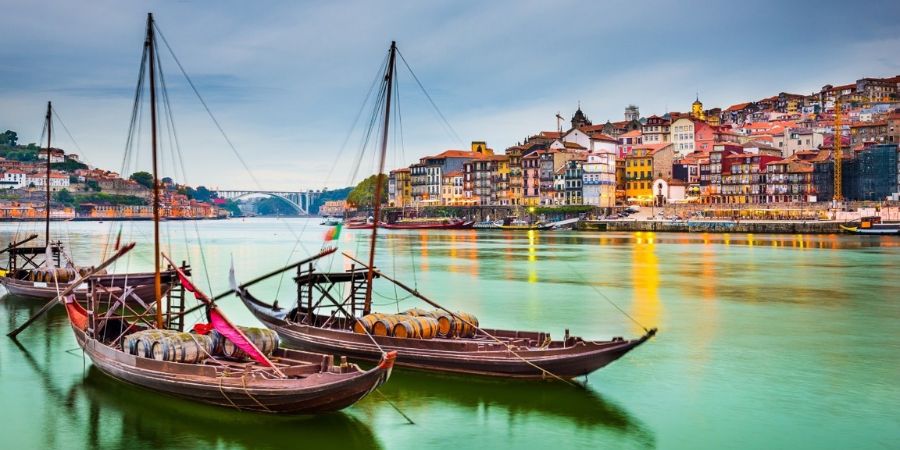
Portugal, a country on the Iberian Peninsula in Southern Europe, is known for its rich history, vibrant culture, stunning coastline, and beautiful cities. From the cobbled streets of Lisbon and Porto to the golden beaches of the Algarve, Portugal offers a diverse array of experiences.
Geography and Climate
Portugal’s mainland is bordered by Spain and the Atlantic Ocean, extending from the north with its green landscapes and vineyards to the sun-drenched southern Algarve coast. The country also includes the archipelagos of Madeira and the Azores in the Atlantic. The climate varies from a temperate maritime in the north to Mediterranean in the south.
Cultural Overview
Portuguese culture is influenced by various civilizations that have passed through the territory, including Romans, Moors, and Spaniards. This rich cultural heritage is evident in its architecture, music, and cuisine. Portugal is also renowned for its maritime history and explorations during the Age of Discoveries.
Key Destinations
- Lisbon – The capital city, known for its historic neighborhoods like Alfama, iconic yellow trams, and monuments such as the Belém Tower and Jerónimos Monastery.
- Porto – Famous for its stately bridges, port wine production, and the historic Ribeira district.
- The Algarve – Portugal’s southernmost region, known for its stunning beaches, golf resorts, and lively towns like Albufeira and Lagos.
- Sintra – A UNESCO World Heritage site with fairy-tale palaces, lush gardens, and a charming old town.
- Madeira – A volcanic archipelago with a subtropical climate, known for its dramatic landscapes, hiking trails, and the annual Madeira Flower Festival.
- The Azores – An archipelago of nine islands in the mid-Atlantic, known for their stunning landscapes, whale watching, and thermal springs.
Historical Sites and Architecture
Portugal’s history can be explored through its well-preserved castles, cathedrals, and monasteries. Notable sites include the Convent of Christ in Tomar, the University of Coimbra, and the historic center of Évora.
Beaches and Coastal Activities
The Portuguese coastline offers a wide range of beach options, from the surfer-friendly waves in the north to the calm, family-friendly beaches in the Algarve. Coastal activities include surfing, windsurfing, kayaking, and sailing.
Cuisine
Portuguese cuisine is known for its seafood, spicy piri-piri chicken, and pastries like pastéis de nata. The country is also famous for its wines, including Vinho Verde, Port, and Madeira.
Festivals and Events
Portugal hosts numerous festivals throughout the year. Notable events include the Lisbon Carnival, Porto’s São João Festival, and the National Agricultural Fair in Santarém.
Outdoor Activities
In addition to beach activities, Portugal offers excellent opportunities for golfing, hiking, and cycling. The Douro Valley and the Alentejo region are perfect for wine tours and rural tourism.
Music and Dance
Fado, a traditional form of music characterized by mournful tunes and lyrics, is a significant part of Portuguese culture, especially in Lisbon and Coimbra.
Best Time to Visit
The best time to visit Portugal is during the spring (March to May) and fall (September to October) when the weather is pleasant, and the tourist crowds are smaller. Summer (June to August) is peak tourist season, particularly in coastal areas like the Algarve.
Cultural Etiquette
Portuguese people are friendly and hospitable. Greetings usually involve a handshake, and it’s polite to say ‘hello’ (olá) and ‘thank you’ (obrigado/a). In social settings, it’s common to be offered coffee or a meal, and refusing is sometimes considered impolite.
Safety
Portugal is one of the safest European countries for travelers. However, visitors should take standard safety precautions, particularly in larger cities.
Transportation
Portugal has an extensive public transportation system, including buses, trams, and a metro system in Lisbon. The country also has an efficient railway network connecting major cities and towns.
Accommodation
Portugal offers a range of accommodations, from luxury resorts and boutique hotels to budget hostels and traditional guesthouses, known as ‘pousadas.’
Shopping and Handicrafts
Portugal is known for its cork products, ceramic and pottery, embroidered linens, and handmade jewelry. Traditional markets and local shops are great places to find unique souvenirs and crafts.
Language
Portuguese is the official language. English is widely spoken in tourist areas and among younger generations.
Healthcare
Portugal has a high standard of healthcare. Visitors from the EU can access health services using the European Health Insurance Card (EHIC), while others should have travel insurance.
Tips for Travelers
- Tipping is customary in restaurants and for services, but not obligatory.
- The tap water is generally safe to drink.
- When driving, be aware that toll roads are common.
